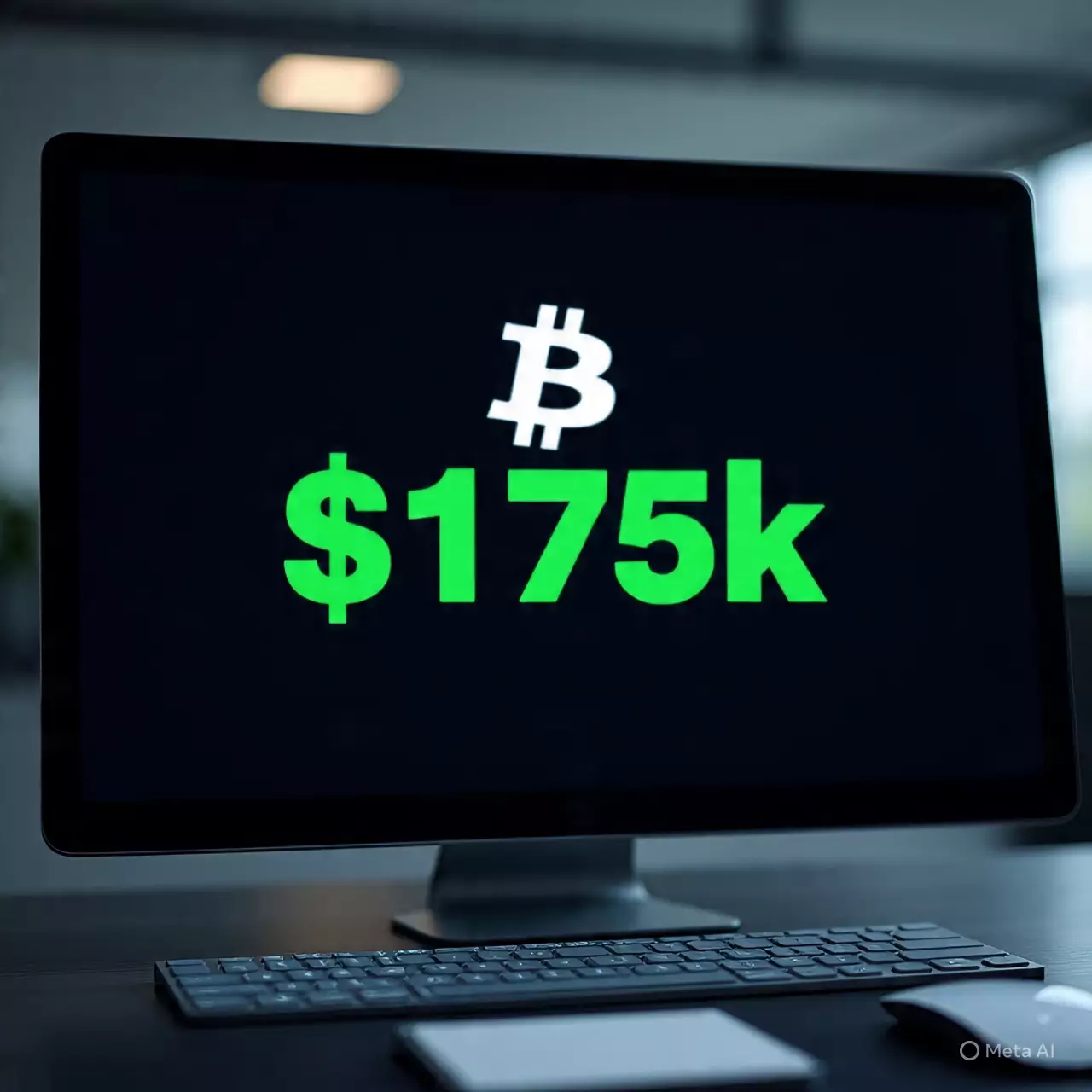In the rapidly evolving realm of cryptocurrency journalism, many writers fall into the trap of uncritically celebrating the sector’s promising future or, conversely, condemning its flaws without nuance. Christian, however, exemplifies a rare breed of analyst—one willing to scrutinize the assumptions fueling the hype. His background in diverse journalism environments, from Canadian newspapers to South Korean outlets, provides him with a critical lens for dissecting claims that often border on speculative fantasy. The danger in the cryptocurrency arena is the proliferation of narratives that are overly optimistic or dystopian, often driven by external actors aiming to manipulate unwary investors. Christian’s approach advocates for a sober assessment rather than blind enthusiasm, emphasizing that skepticism isn’t cynicism but a necessary ingredient for genuine understanding. In a space where misinformation can elicit wild market swings, the role of a judicious reporter becomes vital, urging readers to question everything before jumping on the latest bandwagon.
The Consequences of Ignoring Critical Thinking
The crypto boom has created an environment ripe for deception, where influencers and charlatans paint utopian visions or apocalyptic scenarios, fueling impulsive investments. Christian’s skepticism defies this trend; he recognizes that unchecked optimism or fear-mongering only serve certain agendas rather than informing the public. When markets are drenched in sensationalism, they become volatile and unpredictable—ultimately harming the very individuals who invest without proper due diligence. Christian’s insistence on critical analysis acts as a safeguard against these pitfalls. His work underscores that leadership within any financial discourse should promote responsible journalism rooted in evidence, rather than sensationalism. By questioning the motives behind hype and scrutinizing the fundamentals rather than succumbing to hype, his approach fosters an informed investor base less prone to regret and loss.
The Center-Right Realism as an Antidote to Extremes
In the political spectrum, Christian’s stance aligns closely with center-right liberalism—prioritizing pragmatic policies, individual responsibility, and free markets tempered with realistic regulation. This ideological perspective influences his outlook on cryptocurrencies. He sees potential in decentralized digital currencies but remains wary of unchecked hype and the for-profit entities that exploit it. His skepticism does not dismiss innovation; rather, it advocates for a balanced view that recognizes both the market’s promise and its pitfalls. Christian’s approach serves as a reminder that embracing technological progress should not come at the expense of rational oversight. Responsible journalism in this space must walk the line between encouraging innovation and safeguarding against reckless exuberance. Fundamental to this stance is the belief that free enterprise functions best when tempered with accountability—something Christian consistently champions in his reporting.
Why the Future Depends on Critical, Balanced Narratives
Looking ahead, the landscape of cryptocurrency will likely be shaped by those who resist the siren call of hype and instead promote sober analysis. Christian’s vigilant skepticism exemplifies the right attitude—embracing market opportunities without ignoring the risks. As a member of a respected news organization, he recognizes the influence journalists wield in molding public perception. A culture of critical thought and balanced reporting can prevent market manipulations and foster stability. Without this, society risks falling prey to bubbles, crashes, and disillusionment. The key lies in promoting a narrative space where innovation and regulation coexist, where entrepreneurs are celebrated for their ingenuity, and where public trust is built on transparency, not vapid promises. Christian stands as a beacon advocating for these values, reminding us that true progress requires discernment over blind faith.
Insider Perspectives: The Power of Critical Inquiry in a Complex Market
Diving into the details reveals that Christian’s skepticism is rooted in a profound understanding of market dynamics and human nature. His journalistic rigor allows him to cut through obfuscation and identify underlying truths—the importance of transparency, the necessity for sound regulation, and the perils of over-speculation. His background in multiple journalism landscapes has equipped him with a multifaceted perspective, capable of analyzing both technical details and societal implications. This duality positions him uniquely to challenge narratives that seek to accelerate hype without accountability. His stance illustrates that responsible reporting isn’t about dismissing innovation but about framing it within a context that values prudence. As the crypto sector matures, future developments will depend heavily on the integrity of its commentators—individuals like Christian who prioritize truth over hype.
Christian’s persona—fusing a skeptical journalist, a tech enthusiast, and a pragmatic philosopher—may seem unconventional in a space often dominated by bombast. His voice reminds industry participants and investors alike that progress in finance and technology hinges not just on innovation but on the ability to question, analyze, and resist undue influence. Responsible skepticism is ultimately a form of stewardship—safeguarding markets from the destructive allure of unchecked optimism and ensuring that genuine breakthroughs are distinguished from fleeting fads.

